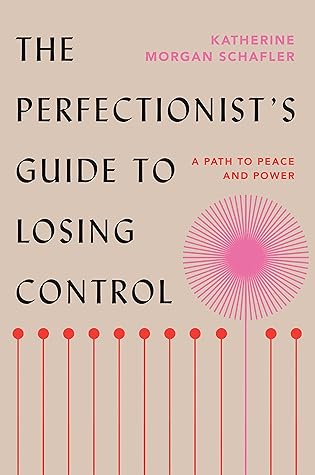More on this book
Community
Kindle Notes & Highlights
Read between
February 7 - February 18, 2025
Surrender is the ultimate loss of control and the greatest form of power.
Surrendering is not conceding to defeat. Surrendering is conceding to potentialities beyond your imagining. To surrender is to affirm that you are not alone. When you surrender, you acknowledge that there is a force other than you at work, and because that force exists and you also exist, connecting to that force is possible. To surrender is to invite that connection forward.
Perfectionists encounter significant resistance when it comes to self-forgiveness.
Self-forgiveness threatens our heightened sense of accountability, and (more simply) we don’t know how to forgive ourselves.
trusting yourself looks like knowing that even though living the way you want to is taking you so much longer than you thought and it’s not looking the way you thought it would, you can do it—and, in fact, you are already doing it.
Adopting a trauma-informed approach when our basic needs have gone unmet helps us to externalize the source of the dysfunction we experience. In other words, it’s not you; you’re not broken, you’re not bad, you’re not too far gone. You’re walking through trauma in the dark. You have the power to turn on the light.[*]
people care about is you, and you are not a composite list of your perceived accomplishments and failures in life. The energy you bring into the room with you is more valuable than anything you could ever do.
Healing is a highly individualized process and never looks the same for two people—not in pace, not in method, not in the language that ends up resonating; we each heal in our own unique way. What you most need, only you can know.


